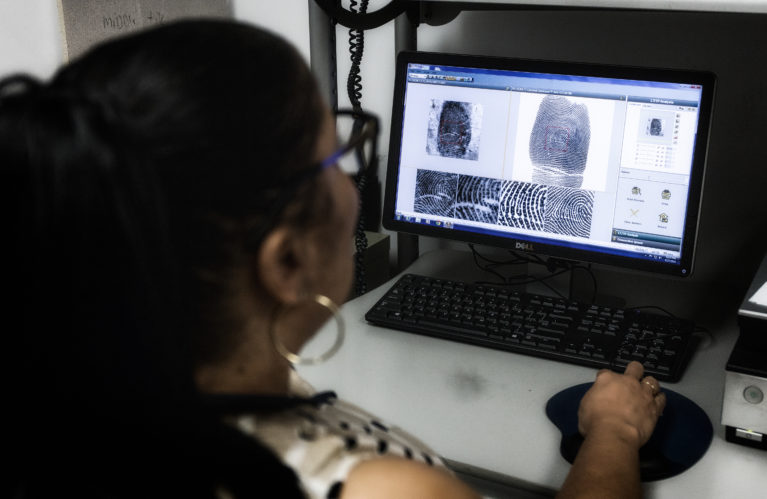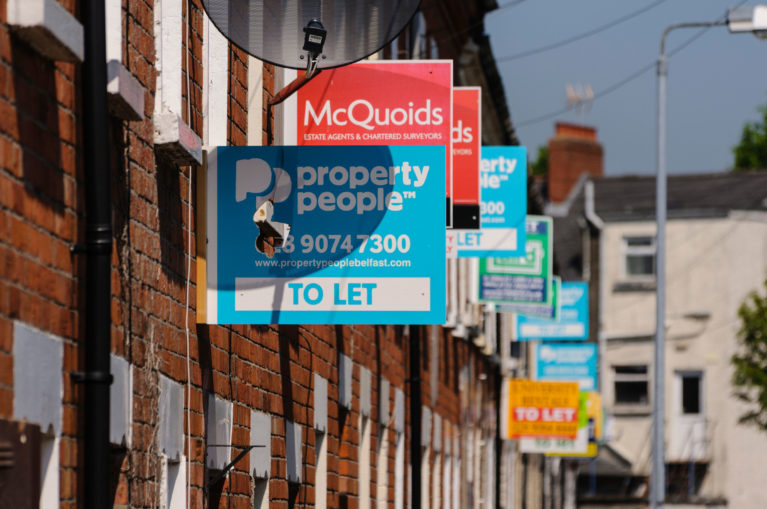Hostile environment data-sharing / Massive migrant database
Our Police Super-Complaint is a chance to end data sharing – and make us all more safe
Posted by Debaleena Dasgupta on 23 Dec 2018
Last week, jointly with Southall Black Sisters, Liberty lodged the first ever police super-complaint. This is under a new scheme that allows designated bodies to make complaints about systemic problems we have observed in policing
Last week, jointly with Southall Black Sisters, Liberty lodged the first ever police super-complaint. This is under a new scheme that allows designated bodies to make complaints about systemic problems we have observed in policing.
The focus of the super-complaint is what we refer to as the need for “safe reporting”. You may have seen news stories over the last year about victims reporting serious crimes, only to be handed over to the Home Office for possible removal, rather than having the crimes investigated.
This has happened to victims of extremely serious crimes such rape, domestic violence and GBH. Not only are those victims prevented from accessing justice, but others with insecure status feel too afraid to come forward for fear of similar treatment. There is a real concern that witnesses may also not feel able to report what they have seen, preventing investigation of other crimes.
As a result, perpetrators are not investigated and are left free to commit further crimes – both against the same victims and potentially other people. This is therefore an urgent issue of public safety – some police officers are acting as de facto immigration officers, instead of public protectors.
You may have read reports last week which led you to believe that this is no longer an issue. But behind the grand, and misleading, headlines, there is another story. And that story is that the National Police Chiefs Council (NPCC) were informed that the super-complaint was about to be lodged, and decided to get ahead of bad publicity, by forcing through a poorly drafted policy.
We accept the NPCC had been thinking about how they should address this issue. In October this year they put together a proposed position. The problem is that it was ill thought through, failed to gather or analyse relevant evidence and, ultimately, failed to address the problem.
But almost worse, having heard from HMICFRS (one of the super-complaint supervising bodies) in November that a super-complaint was about to be lodged, which included a concern that there was no policy or guidance in place, the NPCC simply turned their poor proposal into formal guidance.
They chose not to engage with us, ask what evidence our organisations had gathered or what issues we had identified. Instead they rushed to issue guidance in an attempt to prevent the super-complaint having force.
Ironically, in their rush to make some sort of policy, they made the position worse, not better. The new guidance doesn’t stop officers passing details of victims to the Home Office – it merely delays that data sharing. Indeed the guidance now states, in terms, that it is “wholly appropriate” that an officer “should” contact immigration enforcement where it is suspected that a victim might be an illegal immigrant.
So victims with insecure immigration status have every reason to continue fearing to report crimes or come forward as witnesses, because immigration enforcement will follow later rather than at the start. Possibly in a different uniform. And we, the public, are less safe as a result.
The icing on the badly-behaved cake is that the NPCC breached the good faith with which Southall Black Sisters and Liberty had given early notice of the super-complaint as required, by going to the press without informing us or even HMICFRS. They leaked the story and their new guidance and by doing it in that way, got a good headline by preventing scrutiny which would have immediately spotted serious flaws in the guidance.
They may have prevented criticism then, and got a sympathetic response, but the issues remain. So, despite the NPCC, the super-complaint is proceeding. We are no longer complaining that there is no guidance, we are now complaining that the guidance is irredeemably bad.
The question is, after such a rocky start, how much can we trust their compliance with the super-complaints investigation and, indeed, the system itself?
I'm looking for advice on this
Did you know Liberty offers free human rights legal advice?
What are my rights on this?
Find out more about your rights and how the Human Rights Act protects them
Did you find this content useful?
Help us make our content even better by letting us know whether you found this page useful or not


